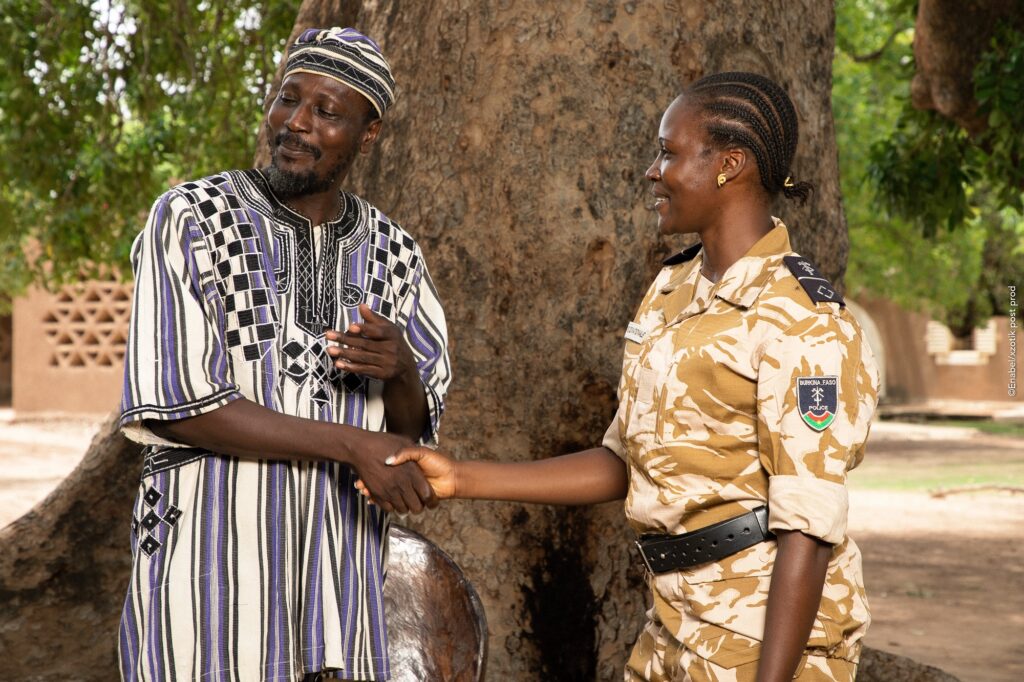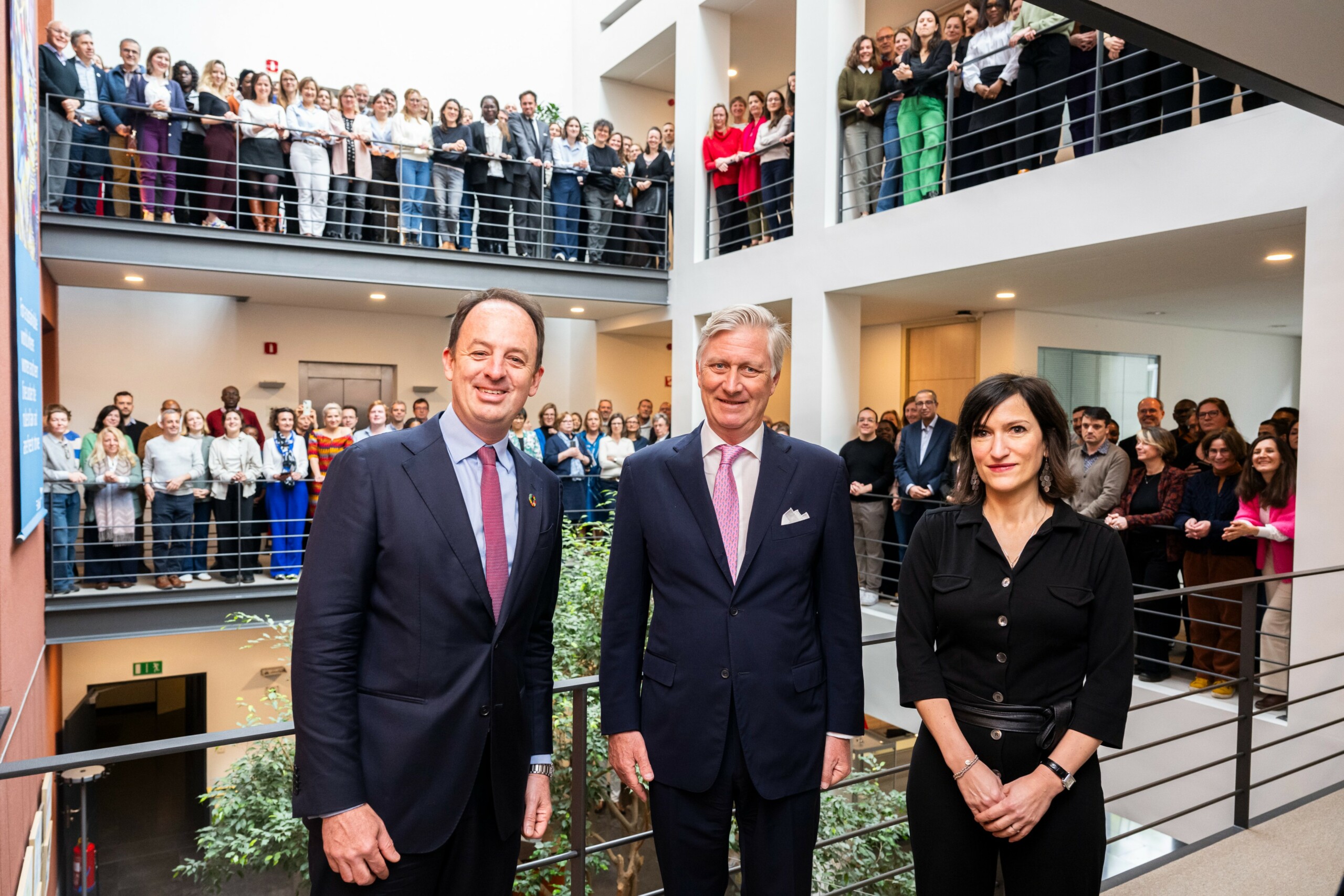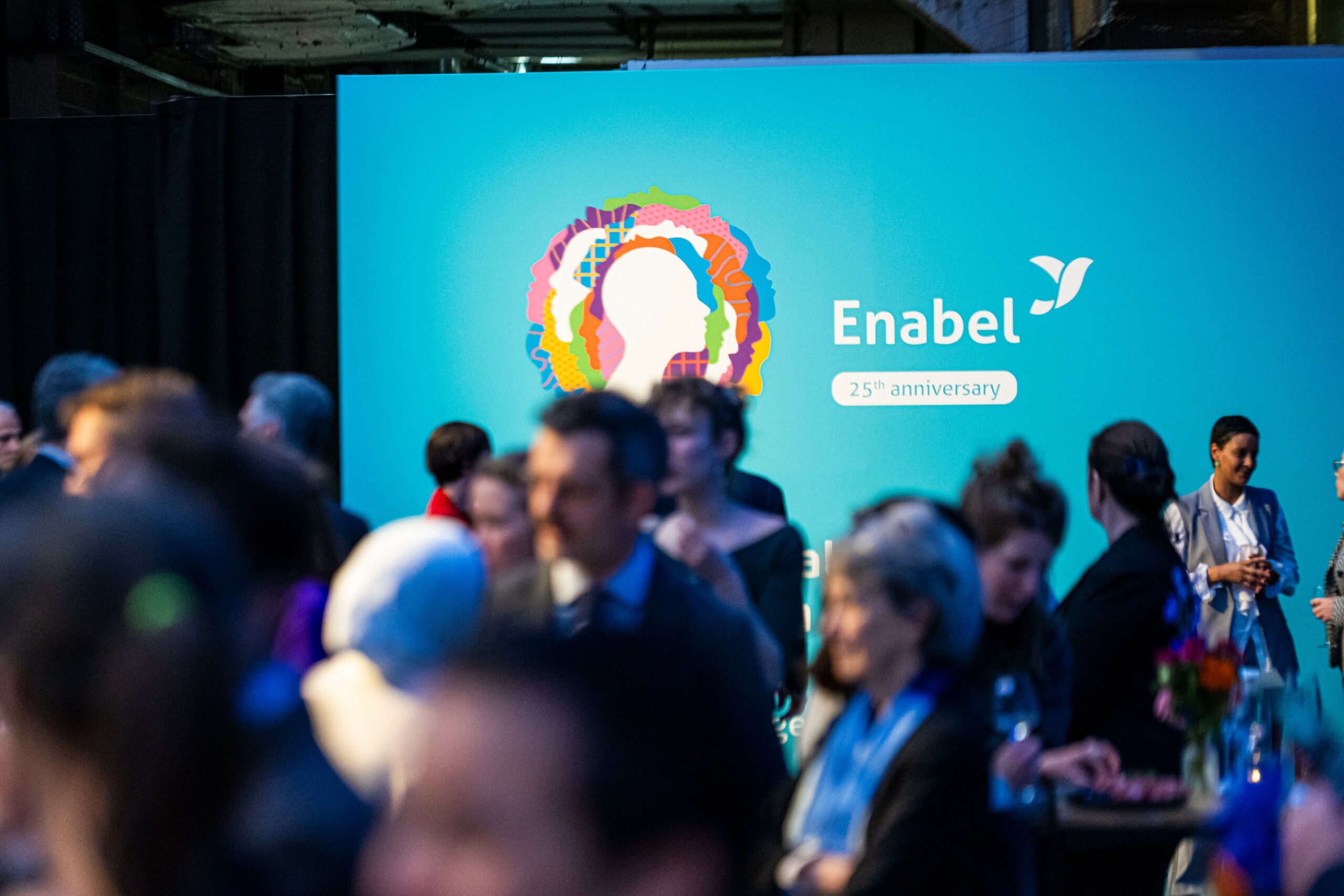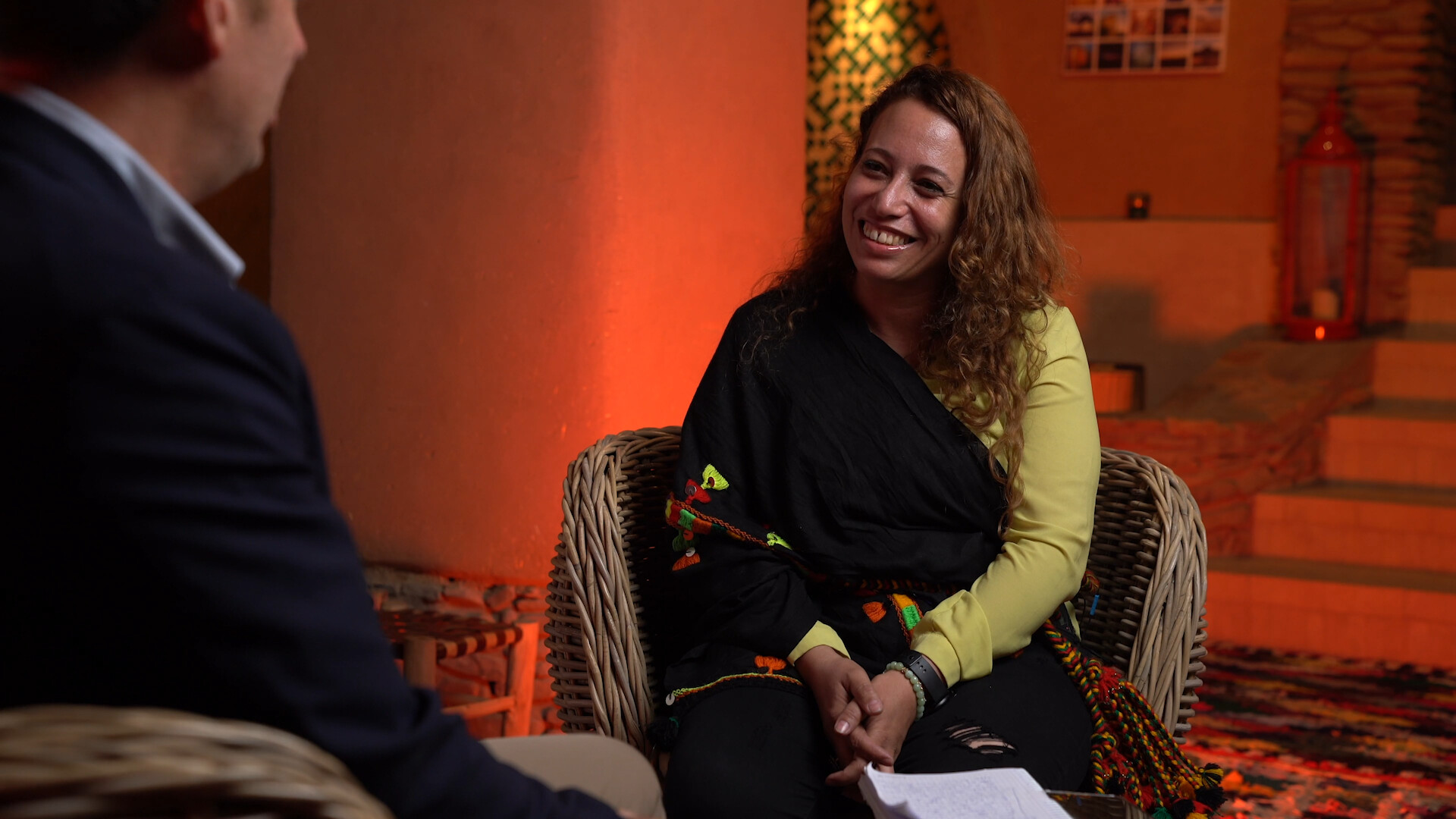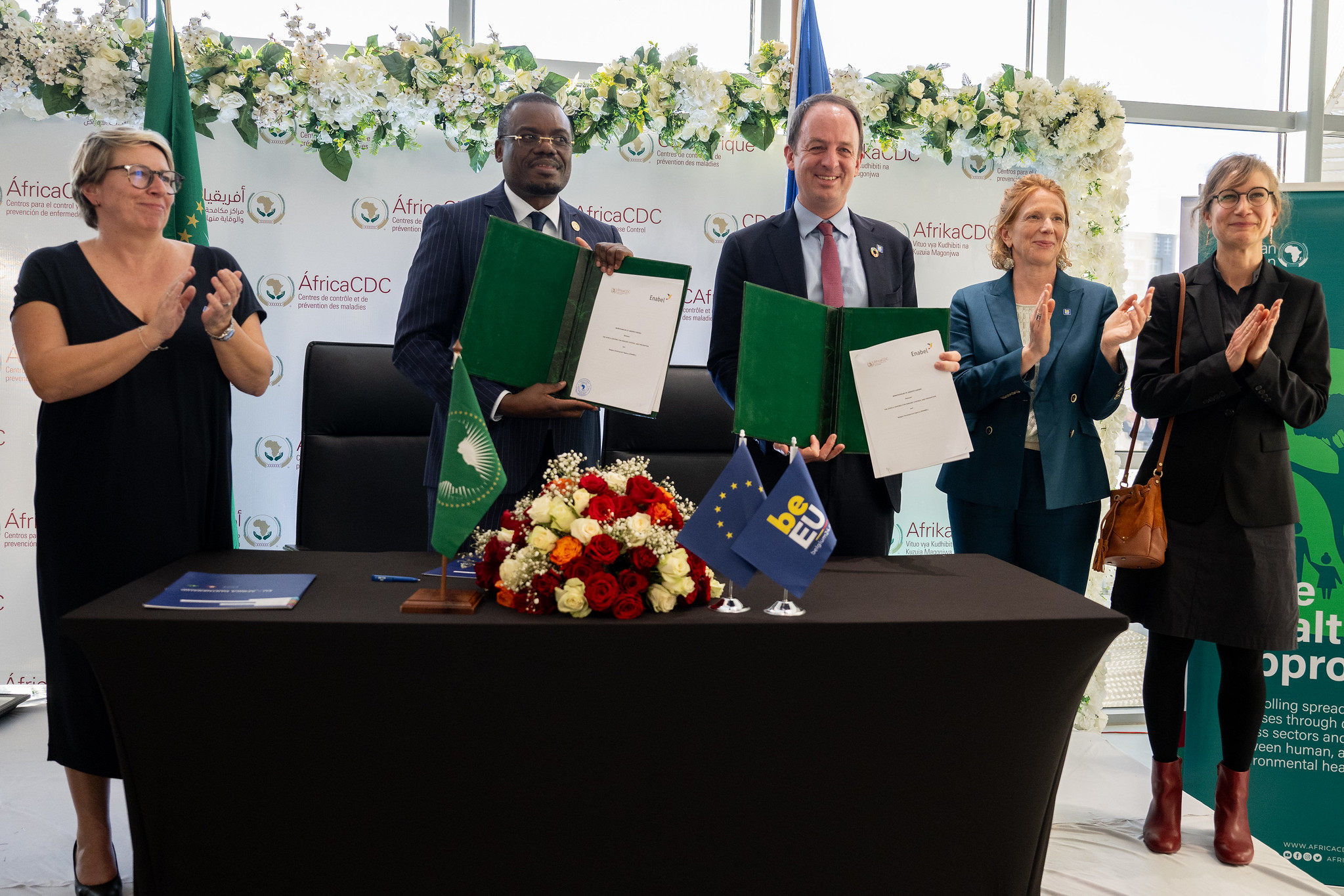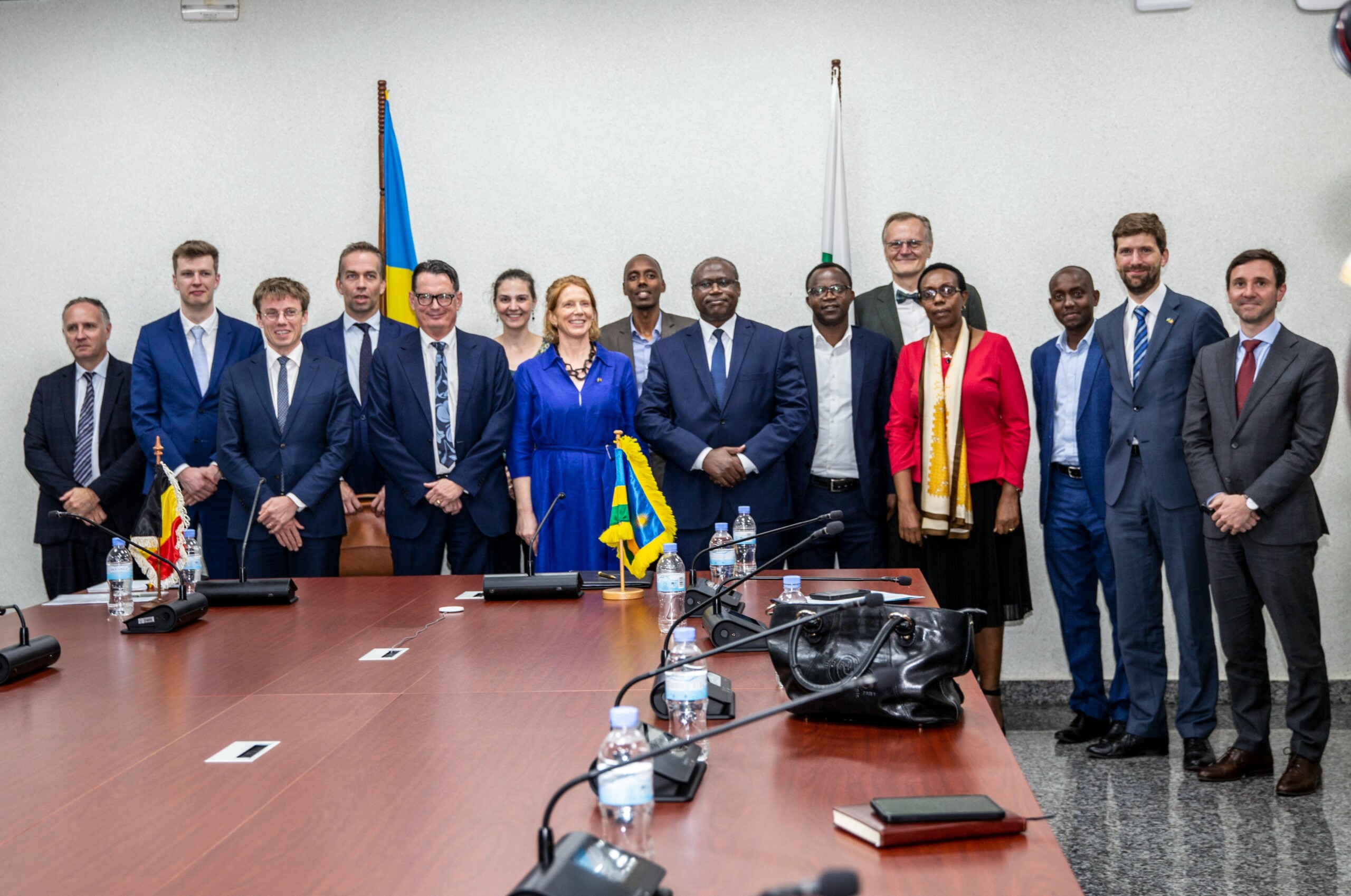Community policing: co-creating security to restore trust
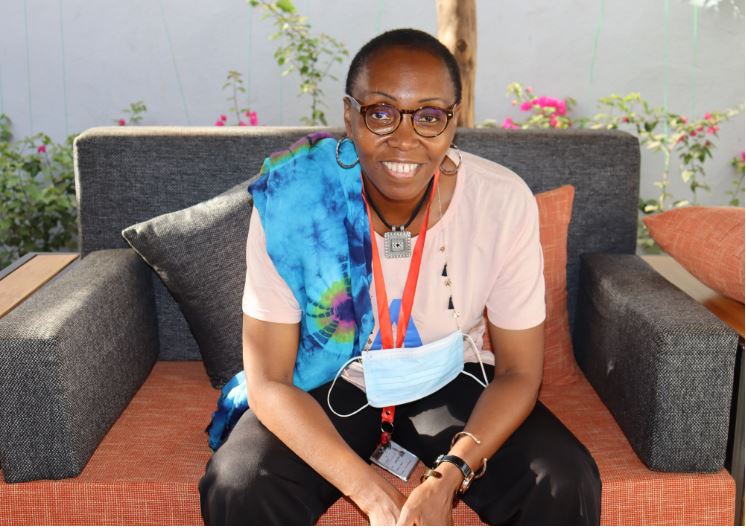
You are working on a community policing project. What does it consist of?
Many people think that community policing is just another police service that is set up in neighbourhoods, close to the people. It is much more complex. To begin with, community policing is a philosophy that must be understood and incorporated by all members of the security forces: police, gendarmerie, water and forestry, etc. Secondly, it is based on prevention: The idea is not to intervene to fight crime, but to prevent crime from happening.
This brings us to a third aspect of community policing: It is based on trust between the population and the police. This trust is essential for feedback reasons. In Burkina Faso, there is a great deal of mistrust of the police. So we had to work to restore this trust, to increase contacts. For example, we set up a consultation mechanism and organised regular or ad hoc meetings, in function of needs.
We have also worked to make the police understand that they are also accountable to the public for the use of the information provided. People need to know that their action or the information they have shared has helped prevented a particular crime. This helps to build trust.
“Children hanging around the streets with nothing to do is never a good thing. With the help of the local community, we organised a two-week ‘vacation camp’ for about a hundred children between the ages of 8 and 17.”
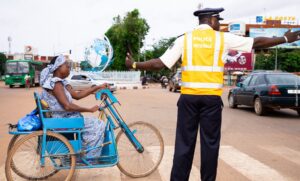
Can you give concrete examples?
In the Centre-Est region where our project is implemented, many families run small cross-border businesses: A husband works as a civil servant while his wife manages this side business. But because of the threat of terrorism and because of Covid-19 borders were closed and this source of income dried up. Many families could no longer afford to send their children to school.
So, children were bored and ended up unattended on the street, which is never good. With the help of the local community, we set up a vacation camp for a fortnight for about 100 children aged 8 to 17. The aim was to keep give them a good time, but also to make them aware of the risks of their situation, of street crime and of offences that could involve them as perpetrators or victims as well as the risks of being recruited by terrorist groups.
This camp was so successful that we unfortunately had to limit the number of places. One of the success stories was one of a child who was already a petty street offender. One day, he attended our camp. The next day he did not come because he had committed a theft. The Koglweogo, a traditional militia, heard of this and arrested him. We sent over a negotiator to get the child released. Then, he attended the camp, and assiduously. Later, his parents told us that relations with their child had improved and that he had even agreed to return to school.
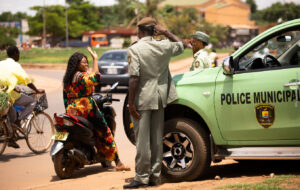
These traditional militias in Burkina Faso, how do you involve them into this project?
For us, militias like the Koglweogo are part of what we call ‘local security initiatives’. They therefore have a place in our project.
We have managed to get some of them to question their practices (editor’s note: the Koglweogo arrest alleged criminals, sometimes beat them and impose fines as punishment as well as for compensation). For example, we have an excellent relationship with the head of the Koglweogo of the Boulgou Province. The fact that we chose an approach centred on discussion and exchange rather than confrontation enabled us to establish a real dialogue. So much so that there is now a core group that collaborates with the security forces.
The core of our action is to reconcile our objectives with the concrete needs on the ground. This means talking to all the actors: police forces, local authorities, local security initiatives, civil society organisations, traditional chiefs, etc. The goal is to formulate objectives that everyone can take ownership of.
For me, the success of a project depends on the involvement of all stakeholders. To show all participants that they can take charge. Strengthening the links between the population and the security forces, for example, not only helps to reduce crime, but also to resolve conflicts between people before they lead to violence. This ultimately strengthens social cohesion. And it ensures that all parties participate in co-building increased security for all.
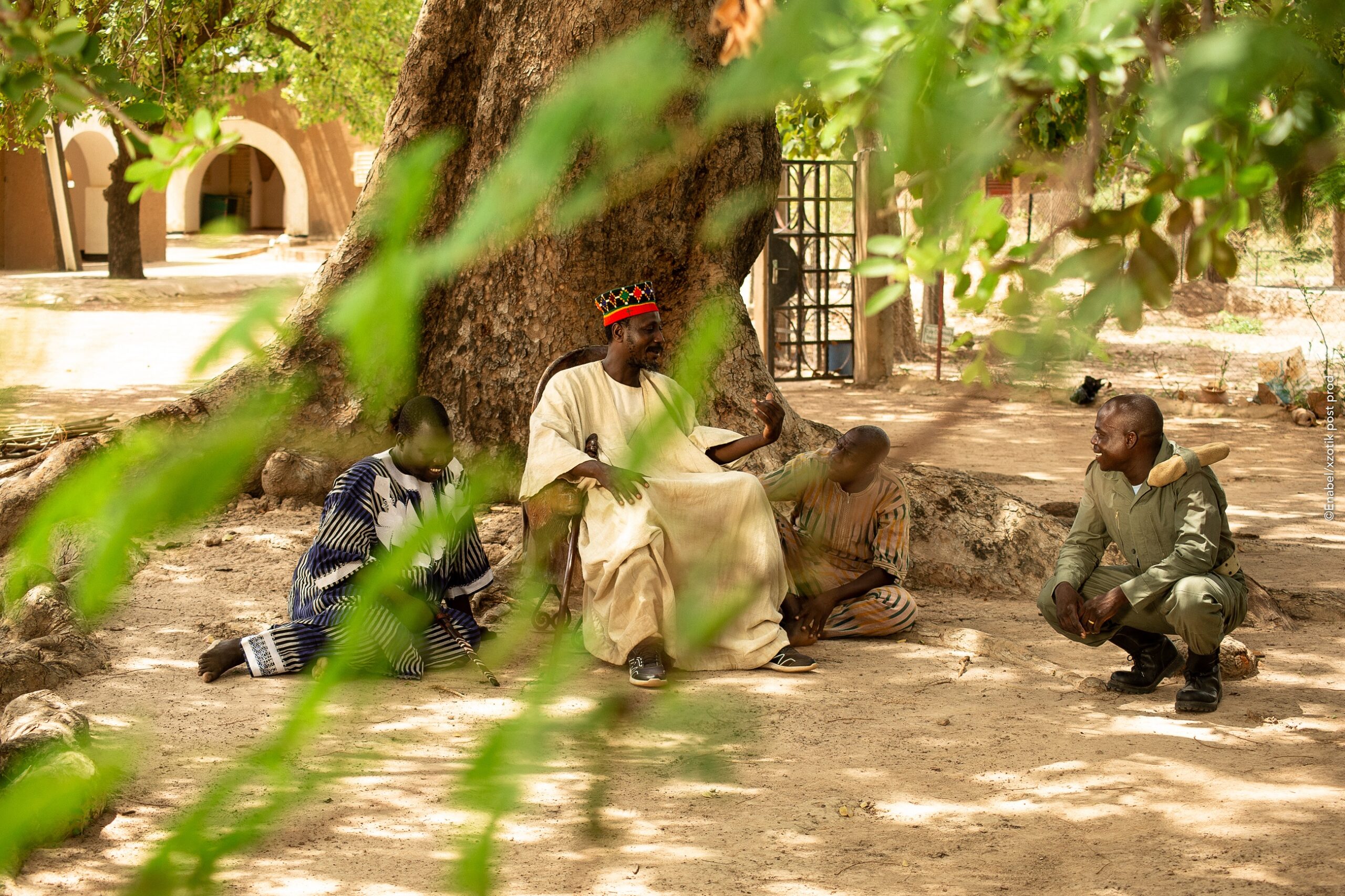
Has the political situation had an impact on your project?
Yes, in a global way. Of course, ‘security’ projects such as community policing are implemented under the authority of the Minister of Security and with the collaboration of the General Directorate of the National Police and the Gendarmerie Staff, all of which have now changed.
There is therefore an impact at this level and a dialogue to be re-established. But the transitional government has also set up special delegations to work on the ground with the municipalities. And that is where we meet stakeholders who are already our partners in the field. So, at the operational level, we further continue our activities.
At the strategic level, we are slowed down a little while we need to find out who our contacts will be. For example, we need to work on local security plans or incorporate security aspects into local development plans. But we still wait for the special delegations to be decided and appointed. I think all of this will evolve in the right direction.
“Police officers now understand that they are also accountable to citizens for the use of information provided. People need to know that their action or the information they shared, has helped prevent a particular crime. This helps to build trust.”
How will you ensure your initiatives will last after the project end?
We have been thinking about this since the beginning of the project. Take the example of the ‘vacation camp’ for young people. From the outset, we involved social workers, a provincial service.
The first camp was run by a woman from social work. We also worked with an association called the ‘children’s parliament’, which itself falls under social work. In fact, it was while talking to her that the idea was born. We brought together the parties involved and helped formalise this initiative, frame it and implement it. Since it is now in the hands of social work, the initiative is gradually spreading in the region and we know that it will continue after our departure.
We try to adopt the same philosophy in all our actions. Thus, we talk with the Koglweogo leadership as well as their base. And we try to build bridges between them and the security forces. We also work much with traditional leaders. When we arrive in a new community, these are the first people we see. Having the support of the traditional leader makes things much easier.
To sum up, I would say that the success and sustainability of our project depends on the involvement of the partners, but also on our philosophy, which is based on both the needs of the population and those of the security forces and on involving everyone from the start.
